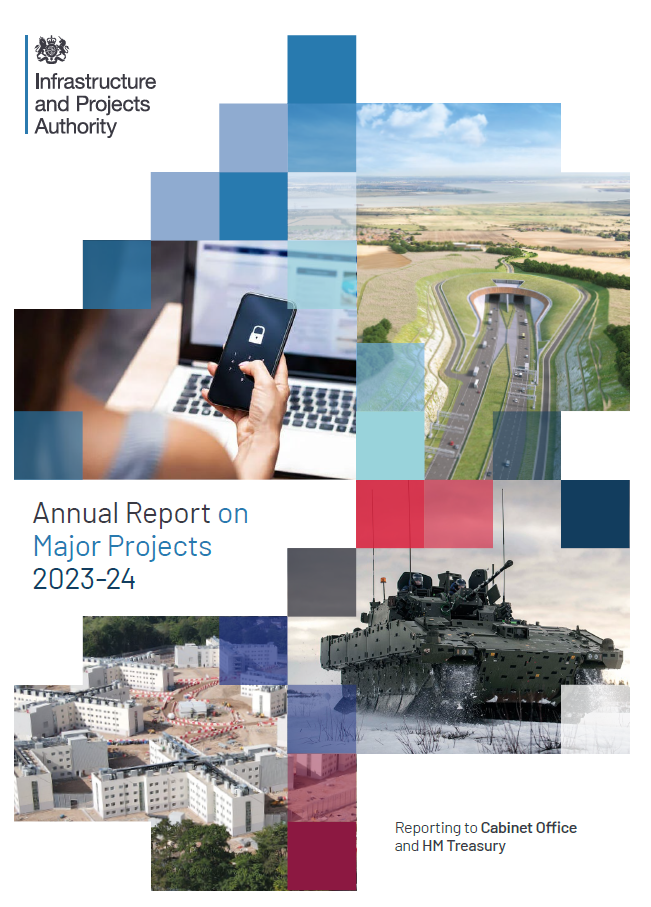
The 2023-24 annual report of a government watchdog has awarded its lowest rating to one of the projects at the heart of the Trident submarine replacement programme. The current Vanguard class submarines are due to be replaced before they become unreliable and too expensive to last beyond 2030.
For the third year in succession, the Infrastructure and Projects Authority (IPA) has awarded a red rating to the £4 billion Core Production Capability Programme (CPCP) which is designed to provide safe nuclear reactor cores for the Royal Navy’s new Dreadnought-class submarines which are due to take over patrolling the world’s oceans with Britain’s nuclear weapons on board from 2030.
The CPCP’s job is to deliver safe nuclear reactor cores for Vanguard submarines, providing the UK with a modern, safe, and independent manufacturing capability now and in the long term. The IPA defines its red rating as indicating ‘the project appears to be unachievable’. Major issues do not seem ‘manageable or resolvable’ and a project’s viability should be reassessed.
The London-based watchdog reports to the Cabinet Office and Treasury on all sorts of major projects – from railways, schools, and hospitals, to defence, and information technology. IPA experts are mandated to track and monitor major government projects, to ensure they’re deliverable on time and within budget. Some nuclear projects are, however, kept secret from the public on the grounds of military and commercial security.
The Nation newspaper reports that Rolls-Royce, which is manufacturing Dreadnought reactors for the Ministry of Defence, has acknowledged the project is ‘challenging’. Rolls-Royce is a major player in the defence aerospace engine sector. A spokesperson said the company was ‘confident’ it could deliver on time. The MoD claimed the programme was ‘on track’.
The IPA’s 2023-24 annual report, published in January, also highlighted ‘significant issues’ with eight other major UK nuclear projects, the combined cost of which is over £55 billion. The amber rating awarded them indicates ‘management attention’ is needed. These projects include building new facilities at Faslane naval base which is home to Trident’s submarine fleet, the dismantling of nuclear submarines at Rosyth dockyards, and the construction of all future nuclear-powered Astute, Dreadnought and Aukus submarines.
A new programme which repackages former projects for making and storing nuclear materials at Aldermaston in Berkshire has also been rated amber for the past two years.
Scottish CND chair, Lynn Jamieson continues to highlight Trident’s dependence on the US military infrastructure and technology. ‘The nuclear weapons based on the west coast of Scotland, are arguably more US technology than British. The submarines, whilst built in Barrow-in-Furness in England, are assembled according to US blueprints and with US components. The Trident missiles fired by the submarines are built, supplied and maintained in the US.’
Both the Scottish National Party and the Green Party of Scotland have criticised Trident replacement. Patrick Harvie, co-leader of the Scottish Greens and Glasgow MSP has called for the money Westminster is pouring into nuclear weapons to be used instead to reverse the government’s austerity measures.
